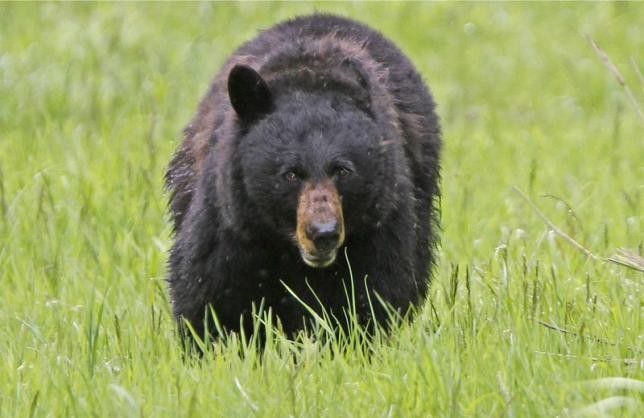Drones may have an adverse effect on wild bears, causing their heart rates to spike, researchers have found out.
Published in the journal Current Biology, a new study conducted by researchers at the University of Minnesota, St. Paul claimed that drones, also known as unmanned aerial vehicles (UAVs), could stress bears out, causing their hearts to beat four times faster. This happened despite the fact that the bears appeared to be unfazed in the presence of the flying robots.
"The magnitude of some of the heart-rate spikes were shocking," Live Science quoted the lead researcher and a wildlife ecologist Mark Ditmer as saying. He added that seeing the bears' heart rates increase "from 41 beats per minute prior to the unmanned aerial vehicles' flight to over 160 beats per minute during the flight" was beyond their expectations.
Ditmer's team conducted the study on four black bears outfitted with GPS collars and implanted heart monitors. They programmed the UAVs and flew them to the locations of the monitored bears. The researchers managed to conduct 18 short UAV flights for their study.
The results revealed that a visit from a flying robot caused a significant increase in a bear's heart rate. This occurred even though the bears did not show an outward sign of distress.
"We need to be aware that just because we can't visually see an effect, that it doesn't mean there's not some sort of stress response going on," Ditmer noted.
The researchers acknowledged that they had limited data to base their conclusions on, but that they decided to share their findings in order to raise awareness on the use of UAVs especially for research and conservation.
"It should serve as a cautionary tale, and at least get people who use them thinking about the potential impacts they may have that might not be apparent," Ditmer said.



























